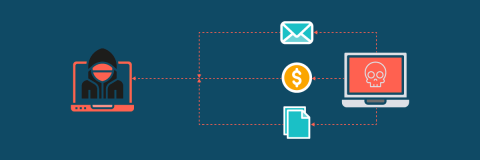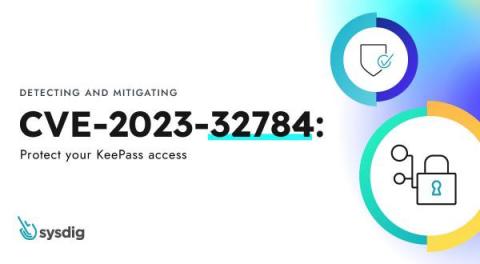Security | Threat Detection | Cyberattacks | DevSecOps | Compliance
Latest News
The SecurityManager is getting removed in Java: What that means for you
The Java Development Kit (JDK) library's java.security package is one of the most important packages, yet despite consistent updates, it remains vastly underutilized. In light of the increased emphasis on cybersecurity frameworks, including zero trust, it's imperative for Java developers to become familiar with Java SE's security libraries. As with any other field in information technology, cybersecurity has a capricious nature. After all, it has to keep up with the latest trends in cybercrime.
A Guide to Handling the MOVEit Attack
Last week, a vulnerability in the popular MOVEit managed file transfer service was exploited by the CL0P ransomware gang to execute data breaches – an increasingly common cybersecurity attack technique where popular software is exploited to target, by extension, their users. Victims of this hack include British Airways, Boots, BBC, and multiple US government agencies.
CVE-2023-34362 - Zero-Day Vulnerability Discovered in MOVEit Transfer is Exploited in the Wild by Cl0p Ransomeware - Here's What you Need to Know
On May 29, 2023, a critical security vulnerability, identified as CVE-2023-34362, was published, leaving users of MOVEit Transfer software at high risk. According to Progress, organizations have reported possible exploitation in the wild. Therefore it’s crucial that any business using MOVEit Transfer to take immediate action, especially since all versions of this popular file transfer software are affected by this vulnerability.
Minimizing Intrusion Detection Time with Cyber Threat Intelligence
With the increasing frequency of cyber-attacks, businesses need to prioritize proactive early incident detection. In this blog, we will highlight the significance of a high-quality threat intelligence solution in building a well-rounded and proactive defense strategy. In an era defined by pervasive connectivity, businesses of all sizes find themselves grappling with an escalating threat of cyber-attacks.
BestinBAS Threat Researchers Discover Their 40th CVE
SafeBreach Labs is the research and development arm of SafeBreach. SafeBreach Labs delivers cutting-edge vulnerability and cybersecurity research as well as novel product ideas. Real-world insights and observations of “in-the-wild” attacks, as well as in-depth and frequent conversations with the top cybersecurity researchers and CISOs worldwide, serve as the foundation for its research and product-related work.
4 Tips to Improve Cybersecurity for Your Business
Shielding Against the Most Recent Fortinet Vulnerability
During a red team assessment for a client, Charles Fol and Dany Bach from LEXFO, discovered a heap overflow bug in Fortigate’s SSL VPN that can be exploited to achieve remote code execution on Fortigate instances. This vulnerability is reachable without authentication, and can be used to execute arbitrary code on vulnerable systems, which could lead to a complete compromise of the system.
KeePass CVE-2023-32784: Detection of Processes Memory Dump
During May, a new vulnerability CVE-2023-32784 was discovered that affected KeePass. KeePass is a popular open source password manager which runs on Windows, Mac, or Linux. The vulnerability allows the extraction of the master key in cleartext from the memory of the process that was running. The master key will allow an attacker to access all the stored credentials. We strongly recommend updating to KeePass 2.54 to fix the vulnerability.











